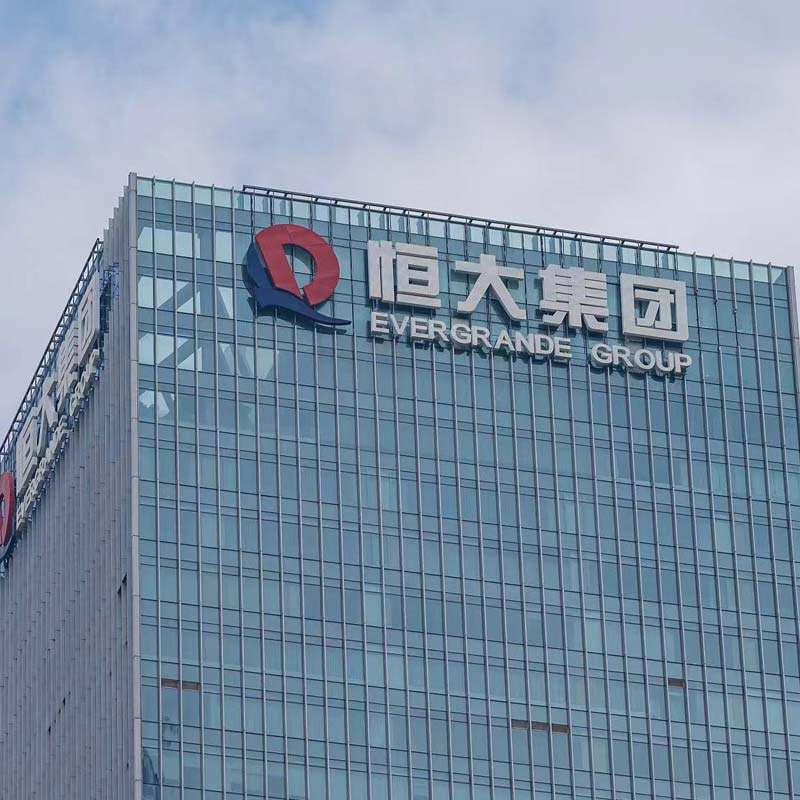
The second largest property developer in China Evergrande has been in news over its inability to pay interest on its huge debt obligations. The company is reportedly set to miss further deadlines as it recently defaulted on interest payment. In the last year alone, its share price has dropped over 80 per cent and hit a 10-year low; while just a week ago its shares plunged by 7 per cent, following a 10 per cent drop few days ago.
What is the ongoing Evergrande issue?
With over 200,000 employees, the Chinese real estate conglomerate deals in buying large amount of land, constructs houses and restaurants and then further sellers the developed property to interested buyers. For this, the company uses large amounts of debt from banks and investors alongside short-term loans which are extended by suppliers and property buyers to fund its business. In the next one year, the company has to pay total liabilities worth over 300 billion dollars with an additional 37 billion dollars in interest and maturing debt. The amount is almost equivalent to 2 per cent of China’s GDP. Reports also suggest that its bonds have been downgraded by rating agencies including Fitch and S&P, and have traded well below 50 cents on the dollar, given the company’s precarious financial position.
Furthermore, the company has taken an advance from over 1.5 million property buyers by promising them to deliver the developed properties. Reportedly, the company is also yet to pay many suppliers. That said, the company’s wealth management team has collected over 6 billion dollars from its employees by promising them high returns.
The plummet of China’s second largest property developer
Rumour mills suggest the company is insolvent and its fall could leave a significant impact on the country and the world, as China is the second largest economy in the world. Evergrande’s financial crisis is the cause of aggressive borrowings over the years.
Founded in 1996 by businessman Hui Ka Yan, Evergrande Group was formerly known as Hengda Group. Over the years, the company emerged as China’s top real estate developers with more than 1,300 projects spread over 280 cities. The company expanded its empire to an extend where it owns China’s most popular football club Guangzhou FC and established other verticals including wealth management, electric cars, theme parks, bottled water, groceries and dairy products. The company witnessed rapid growth till mid 2000, until post the world recession in 2009. Thereon, its growth slowed. Moreover, it was the company’s high levels of debt that accumulated due to the company’s rapid business expansion. It hit rock bottom when the Chinese government introduced new rules for property developers where it limited property developers to borrow on account of their financial position as measured by three debt metrics. It effectively launched investigations into financial instructions and shadow lenders that were refinancing short-term debt of real estate developers. This brought an end to Evergrande’s debt borrowings which the company used to run its business.
Currently the company is sitting on nearly 800 unfinished residential projects alongside unpaid suppliers and homebuyers. To silence the issue, Evergrande tried selling few of its properties at low margins to quickly raise cash and reduce its debt. However, the company’s efforts are in vain as the interest on existing debts has spiked up.
The aftermath of Evergrande
With no way out, Evergrande’s business still appears weak. There is no scope for new lending and majority of its money is jammed on unfinished projects. The fall of Evergrande will not only lead to massive layoffs but it will also affect the global economy as many foreign banks have lent to the company. However, experts believe that the Chinese authorities will try to curb the problem and measures will be taken to prevent a full-blown financial crisis.